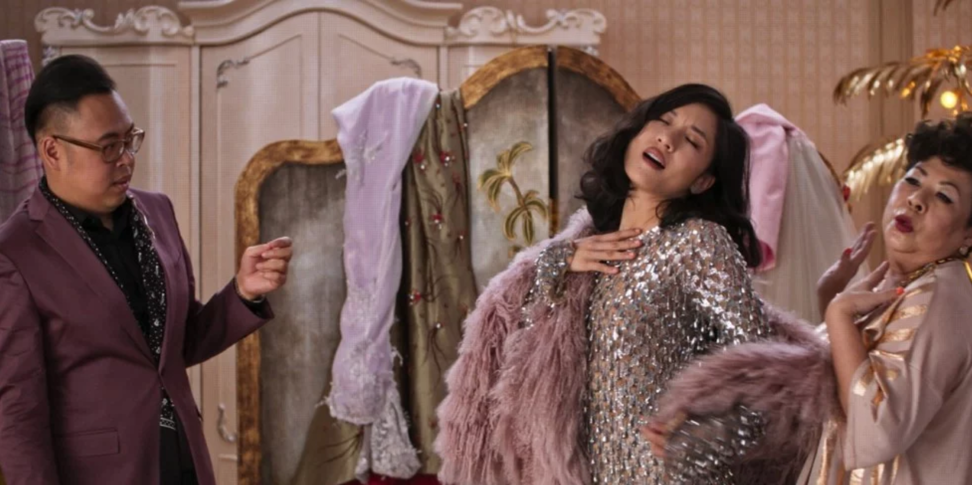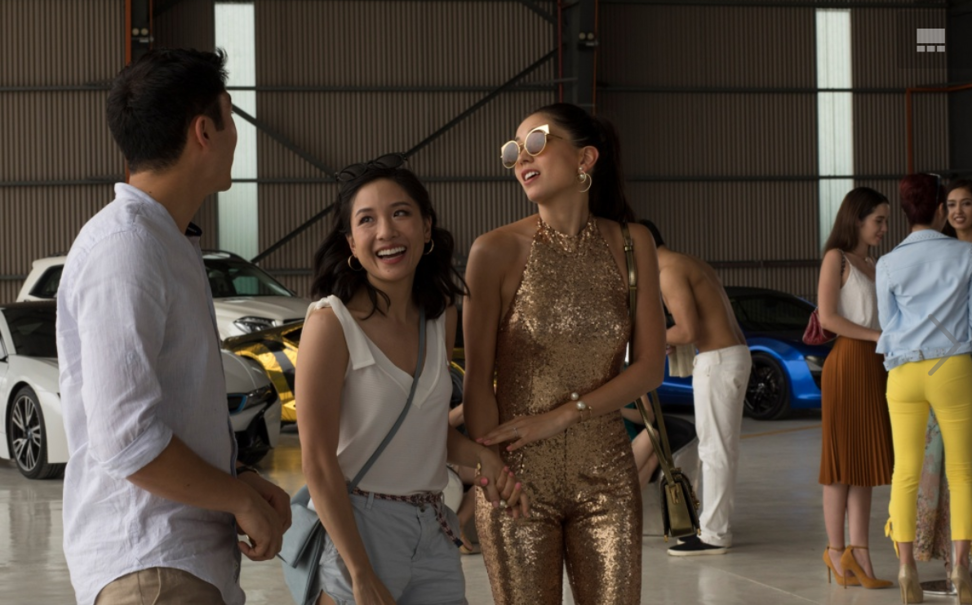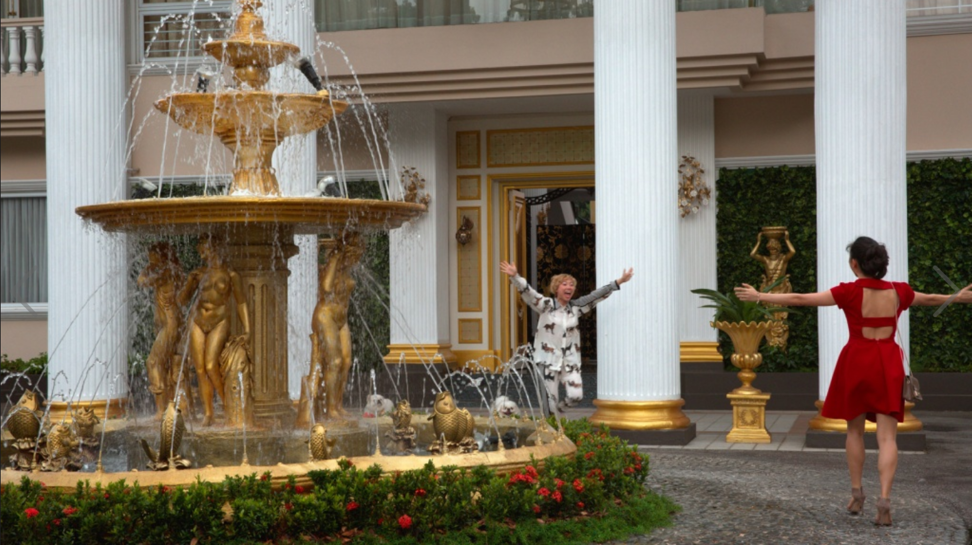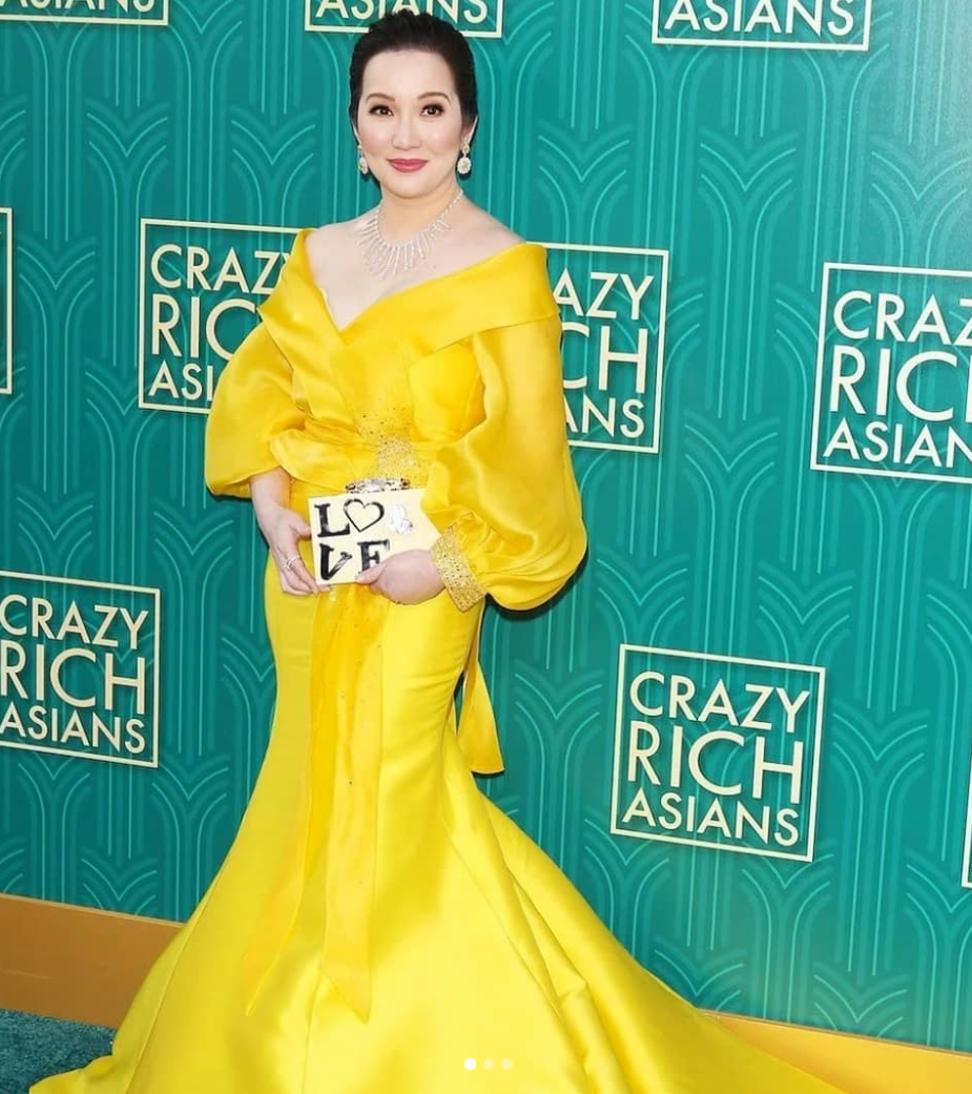How do Asians react to ‘Crazy Rich Asians’? We take a look at audience responses from China, Singapore, Malaysia and the Philippines

This summer, the romantic comedy-drama Crazy Rich Asians has been a major box-office hit around the world.
Claiming to tell Asian stories with Asian actors, the movie triggered huge discussions among Asian audiences. Compared to non-Asian audiences who are more focused on the story and the impression of the film, Asian audiences are more concerned about the movie’s cultural representations and future influence.
Here is what audiences from China, Singapore, Malaysia and Philippines think of the movie which markets itself as an “Asian story”.
China
The comments from Chinese audiences are mainly positive or mild, and primarily focus on the significance of the film in giving Asians a voice. Although many think the movie is more about the rich than about Asians, Chinese audiences take pride in having their voice and culture seen and heard.
There are many traditional Chinese elements in the movie, such as the mahjong scene, although some consider the elements too old-schooled and conventional. For many Chinese, the storyline is a bit of a cliché but the comic moments appeal to them.
Although China is supposed to be a big market for Crazy Rich Asians, this movie is not out yet. The Chinese audiences mentioned above mainly live outside China or live in Hong Kong or Macau.
Here are comments from a movie-goer in China:
People only require Caucasian films to tell one good story each, so why are we so demanding of this movie to represent the cultural diversity in Asia? Indeed, the love line is a bit cliché and somehow [the film] caricatures Asian culture to meet the needs of the American audience. However, this is the phenomenal full-Asian cast major studio movie after “The Joy Luck Club” 25 years ago. There are many puns that only Asians can understand. It was good to see our people on the big screen, the attempt of the production team to represent multicultures, and the strong female leads. So we should stop the “pet peeves” and support the box office so that we can see more Asian stories in the future. (Jus on Douban)
Singapore
As the movie is set in Singapore, Singaporean audiences pay more attention to how it represents the cultural diversity and social reality in the city state. General feedback has not been positive. Many think that the movie does not represent the real situation in Singapore but gives a biased perspective of rich Chinese-Singaporeans.
Although the film is supposed to promote racial diversity in Hollywood, some Singaporeans think it actually ignores the racial diversity in Singapore and Asia. The main characters in the movie are all Chinese-Singaporeans, which make up about 77 per cent of population in Singapore. The film fails to acknowledge the racial minority in Singapore. For instance, despite the all-Asian cast, the movie seldom features Malay- or Indian-Singaporeans and other racial minorities in the city state.
Here are some comments from movie-goers in Singapore:
The book is not about race. It is about the impenetrability of class. Like ‘Pride And Prejudice’, it is about an intelligent, ambivalent young woman landing the most eligible bachelor and being initiated into high society. Only this time, it’s Singapore’s high society. (Judith Huang)
The movie is [supposed to be] a stepping stone for more representation of Asians in Hollywood ... However, neither the movie, nor the novel it is based on, is representative of Singapore. (Sangeetha Thanapal)
Malaysia
The movie about Chinese-Singaporeans actually has strong connections with Malaysia. Although Henry Golding portraits a rich Singaporean in the movie, the actor is actually from Malaysia. Many Malaysians watch the movie to support him. Also, Malaysians are proud to see some of the scenes that were shot in Malaysia.
However, a small number of audiences think it’s improper that the movie used Malaysian scenes to promote Singapore. Some feel that the movie is too much like a “Singapore Tourism Ad”, with Marina Bay Sands appearing several times.
Despite comments about the film not representing Singapore and Asia, many Malaysians think it should be considered a commercial comedy instead of a serious documentary about Asian culture. The film certainly helps to promote Asian Hollywood films. It also helps break the stereotype of Asian actors playing kung fu or action roles.
Here are some comments from movie-goers in Malaysia:
Speaking of stereotype, in the first half of the movie, the Singaporeans keep stereotyping themselves in front of Asian-Americans. It becomes worse when you realise that this movie was [in fact] made by Asian-Americans. So all those jokes are basically about how they see Singaporeans. (homophobiaftw, Reddit)
People keep [complaining that] this movie is not representative because it does not show enough diversity. I can’t stress enough that this movie is about rich Asians and not poor average Joes. it is also not a documentary about Asians. (Angelix, Reddit)
Philippines
Crazy Rich Asians had the biggest opening for a foreign romcom in the Philippines. Filipino talk show host and actress Kris Aquino plays Princess Intan in the wedding. Many Filipinos were excited about this, but were disappointed because it was only a cameo appearance. The movie also features Filipino actor Nico Santos, who plays Nick’s cousin Oliver.
Filipino audiences enjoyed the movie a lot and are happy that it has Asian actors and it tells an Asian story. More Asian stories are expected to be told by Asian actors, audiences think.
Want more stories like this? Sign up here. Follow STYLE on Facebook, Instagram and Twitter

While some think the movie fails to give an accurate portrayal of Asians, others are just happy that Asians are in the spotlight



